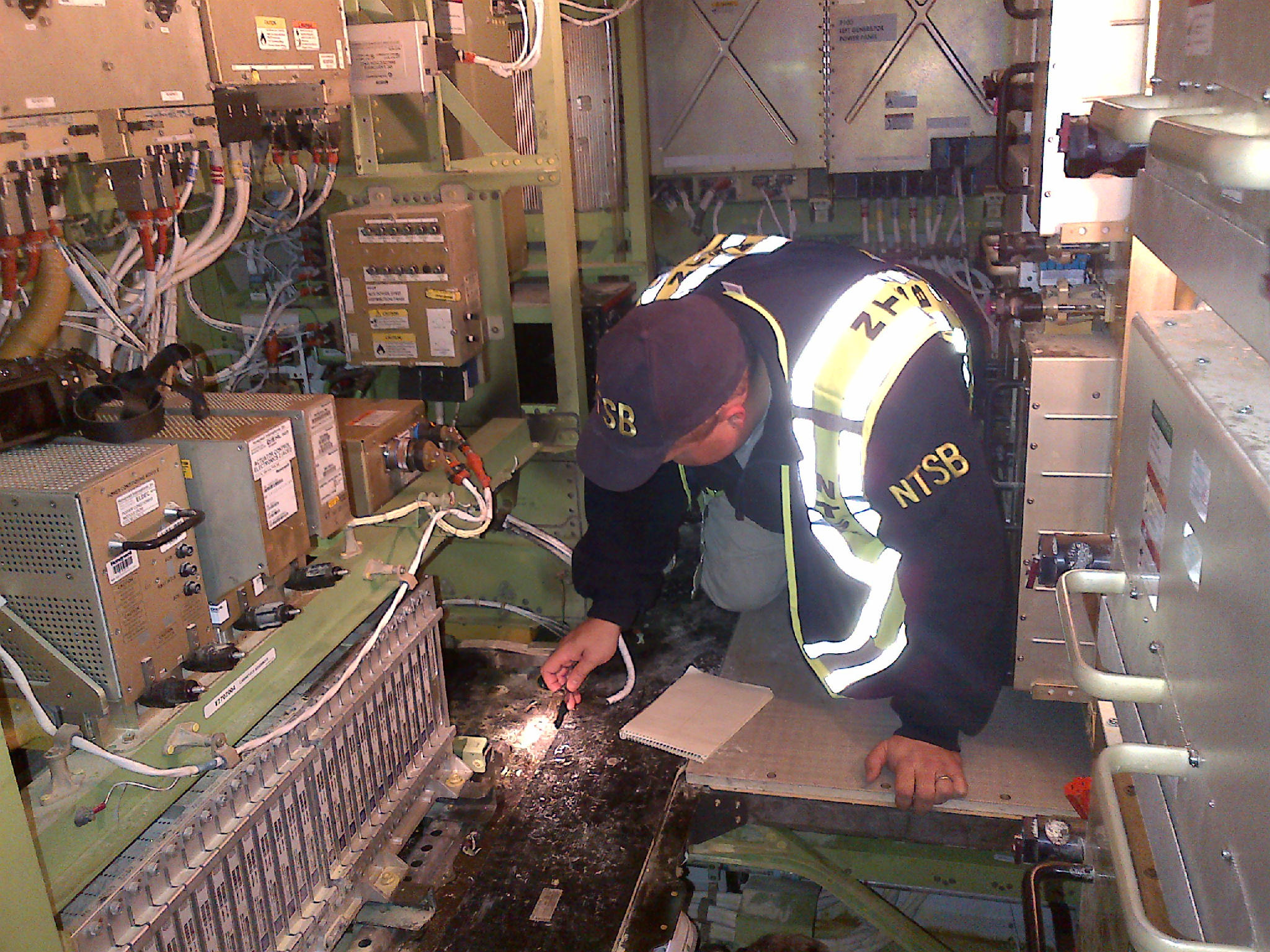In lieu of the requirements of 14 CFR 25.1353(c)(1) through (c)(4), the
following special conditions apply. Lithium ion batteries on the Boeing
Model 787-8 airplane must be designed and installed as follows:
(1) Safe cell temperatures and pressures must be maintained during any
foreseeable charging or discharging condition and during any failure of
the charging or battery monitoring system not shown to be extremely
remote. The lithium ion battery installation must preclude explosion in
the event of those failures.
(2) Design of the lithium ion batteries must preclude the occurrence of
self-sustaining, uncontrolled increases in temperature or pressure.
(3) No explosive or toxic gases emitted by any lithium ion battery in
normal operation, or as the result of any failure of the battery
charging system, monitoring system, or battery installation not shown to
be extremely remote, may accumulate in hazardous quantities within the
airplane.
(4) Installations of lithium ion batteries must meet the requirements of 14 CFR 25.863(a) through (d).
(5) No corrosive fluids or gases that may escape from any lithium ion
battery may damage surrounding structure or any adjacent systems,
equipment, or electrical wiring of the airplane in such a way as to
cause a major or more severe failure condition, in accordance with 14
CFR 25.1309(b) and applicable regulatory guidance.
(6) Each lithium ion battery installation must have provisions to
prevent any hazardous effect on structure or essential systems caused by
the maximum amount of heat the battery can generate during a short
circuit of the battery or of its individual cells.
(7) Lithium ion battery installations must have a system to control the
charging rate of the battery automatically, so as to prevent battery
overheating or overcharging, and,
(i) A battery temperature sensing and over-temperature warning system
with a means for automatically disconnecting the battery from its
charging source in the event of an over-temperature condition, or,
(ii) A battery failure sensing and warning system with a means for
automatically disconnecting the battery from its charging source in the
event of battery failure.
(

Any lithium ion battery installation whose function is required for
safe operation of the airplane must incorporate a monitoring and
warning feature that will provide an indication to the appropriate
flight crewmembers whenever the state-of-charge of the batteries has
fallen below levels considered acceptable for dispatch of the airplane.
(9) The Instructions for Continued Airworthiness required by 14 CFR
25.1529 must contain maintenance requirements for measurements of
battery capacity at appropriate intervals to ensure that batteries whose
function is required for safe operation of the airplane will perform
their intended function as long as the battery is installed in the
airplane. The Instructions for Continued Airworthiness must also contain
procedures for the maintenance of lithium ion batteries in spares
storage to prevent the replacement of batteries whose function is
required for safe operation of the airplane with batteries that have
experienced degraded charge retention ability or other damage due to
prolonged storage at a low state of charge.







